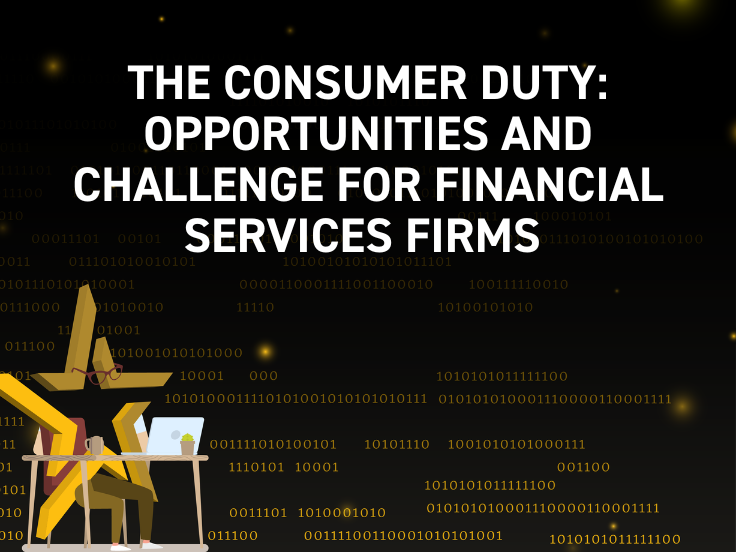
When Will The US Open Banking Rule Come Into Force?
 13:21 06 Oct 2023
13:21 06 Oct 2023 Your guide to the Consumer Financial Protection Bureau's (CFPB) imminent proposals for a new regulatory framework governing “Personal Financial Data Rights”

The US will propose a new “Open Banking Rule” this year which will set the foundations for an ecosystem with the potential to become the largest in the world.
This game-changing regulation has been a long time in the making. Last October, the Consumer Financial Protection Bureau (CFPB) published proposals for a new regulatory framework governing “Personal Financial Data Rights” – which requires banks to provide qualified third parties access to consumer financial data.
The CFPB’s proposal builds upon an unused legal authority first enacted in 2010, when Congress passed the Dodd-Frank Wall Street Reform and Consumer Protection Act.
The Dodd-Frank Act is a series of federal regulations designed to prevent future financial crises. It authorises the CFPB to prescribe rules requiring “a covered person” (an individual or organisation provides a consumer financial product or service) to “make available to a consumer, upon request, information… relating to any transaction, series of transactions, or to the account including costs, charges and usage data.”
The Personal Financial Data Rights set out in The Dodd-Frank Act will “become a practical reality” when the CFPB implements a rule setting expectations for the market, Rohit Chopra, Director of the CFPB, announced in a blog published in June 2023.
Mr. Chopra said his organisation was working to “accelerate the shift to Open Banking” and “jumpstart competition” in the US.
He said: “New digital banking technologies have the power to expand and open market access for American consumers and emerging businesses. In a more competitive market, Americans will be able to earn higher rates on their savings, pay lower rates on their loans, and more efficiently manage their finances. But the new technologies, and the competition they can fuel, have not yet reached their full potential.”
Comments on the CFPB’s formal proposal will be solicited at an undisclosed point in 2023 (a “few months” after June) and finalised in 2024.
In his blog, Mr. Chopra also set out some guidelines for Open Banking. He said that standards would be set outside the agency, although he did not specifically name the FDX standard which now enables Open Finance data-sharing from 53 million consumer accounts.
The CFPB “intends for the market to play a significant role in developing and maintaining Open Banking standards” and will “pay close attention to any attempts to limit consumers’ exercise of their data rights, particularly where such attempts proceed from coordinated efforts by dominant firms”.
“Properly pursued, such standards can allow open banking to evolve as new technologies emerge, new products develop, and new data security challenges arise,” Mr. Chopra wrote. “To thrive, standard-setting organizations must not skew to the interests of the largest players in the market. They must reflect the full range of relevant interests — consumers and firms, incumbents and challengers, and large and small actors.
“In consumer finance, powerful firms have sometimes looked to manage emerging technologies through utilities, networks, or standard setting organizations skewed to their interests – or even owned by them. Control of the open banking system by such players threatens competition and the consumer’s control of their own financial affairs.”
The CFPB “intends for the market to play a significant role in developing and maintaining Open Banking standards” and will “pay close attention to any attempts to limit consumers’ exercise of their data rights, particularly where such attempts proceed from coordinated efforts by dominant firms”.
Before issuing a rule, the CFPB must convene a panel of small businesses and solicit input on its proposals. After releasing the first summary of the Open Banking rule in 2022, the CFPB has been speaking to small banks and financial companies which will provide or receive data, as well as “fourth parties” – intermediary data brokers that facilitate data transfers.
The input gathered during this process will inform the Open Banking Rule proposal ahead of its announcement this year and implementation in 2024.



 " alt="">
" alt="">

 " alt="">
" alt="">
 " alt="">
" alt="">
 " alt="">
" alt="">
 " alt="">
" alt="">
 " alt="">
" alt="">
 " alt="">
" alt="">
 " alt="">
" alt="">
 " alt="">
" alt="">